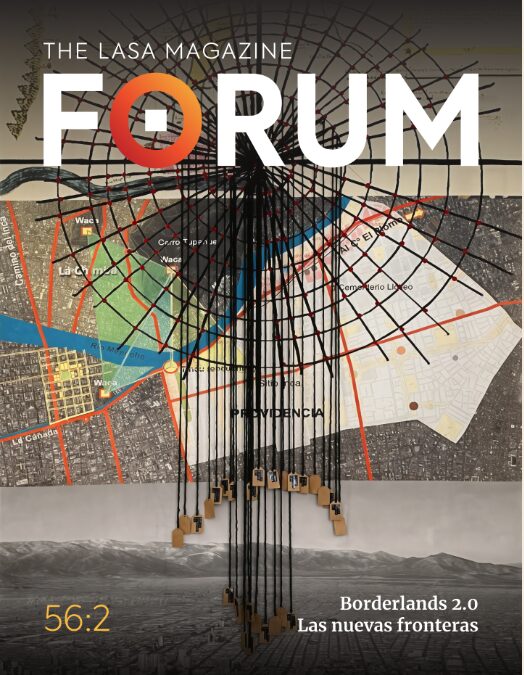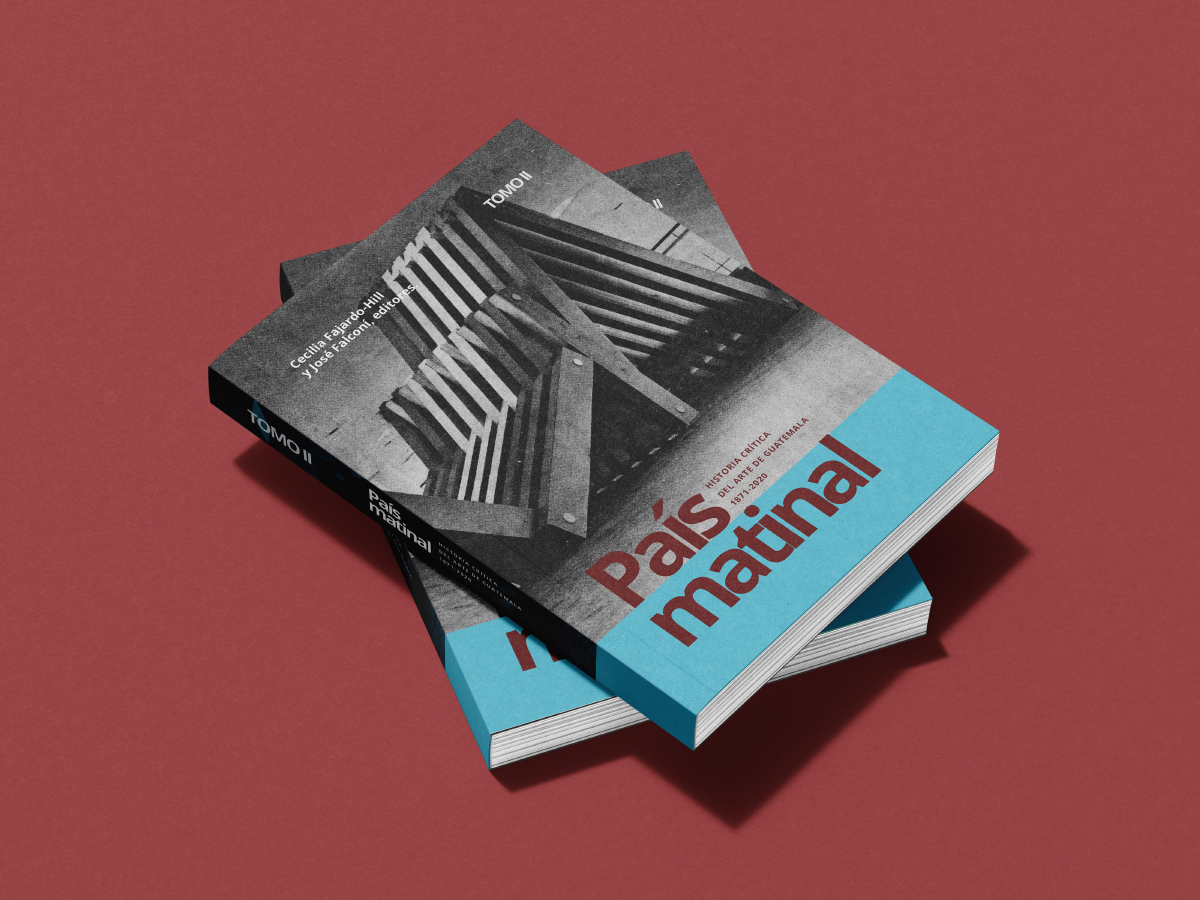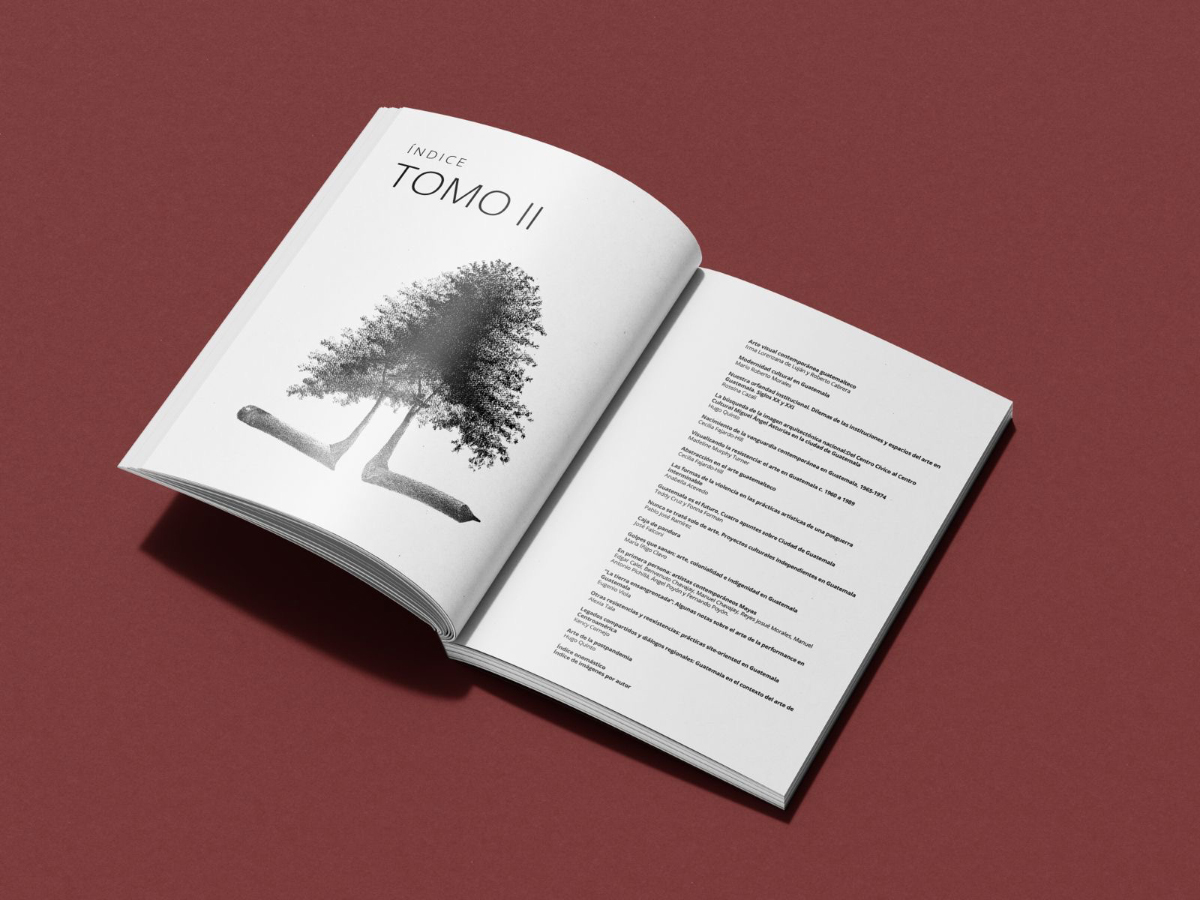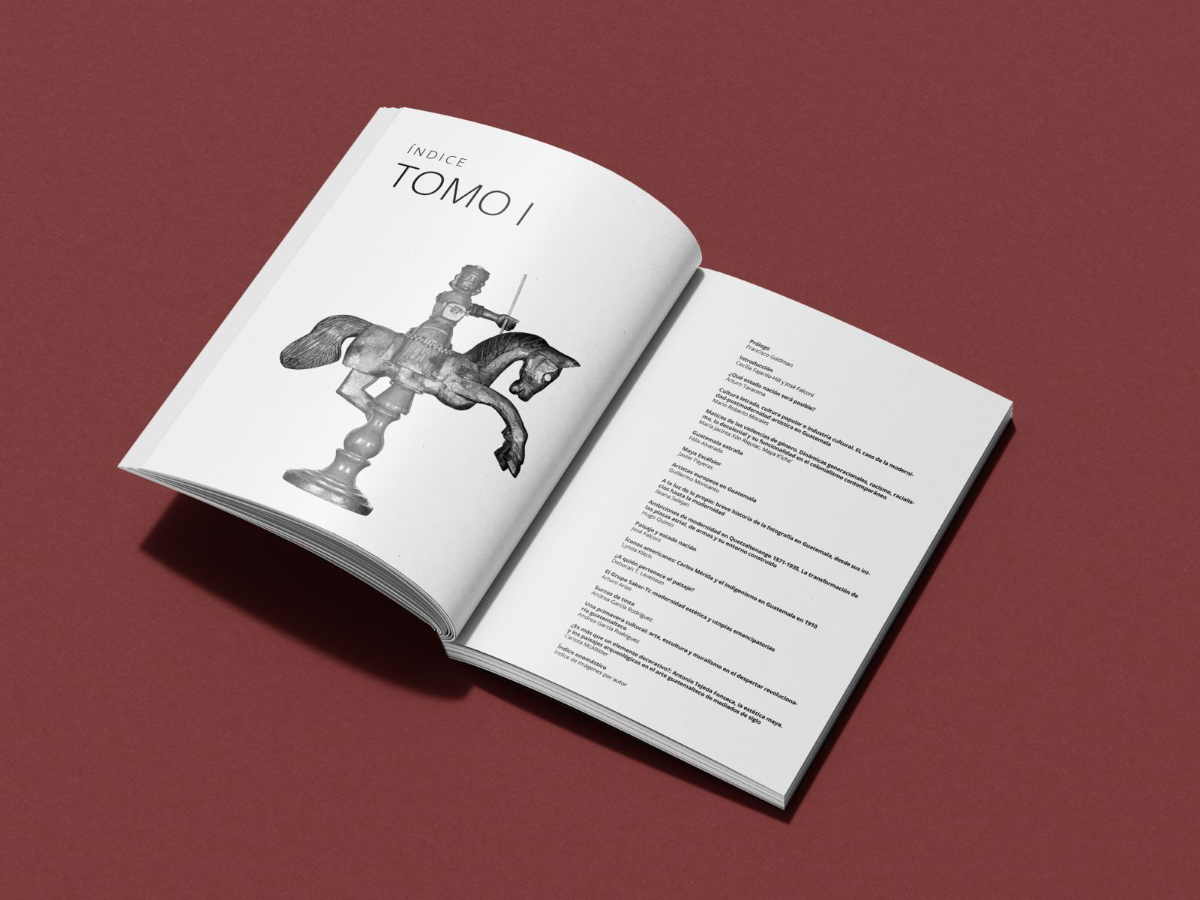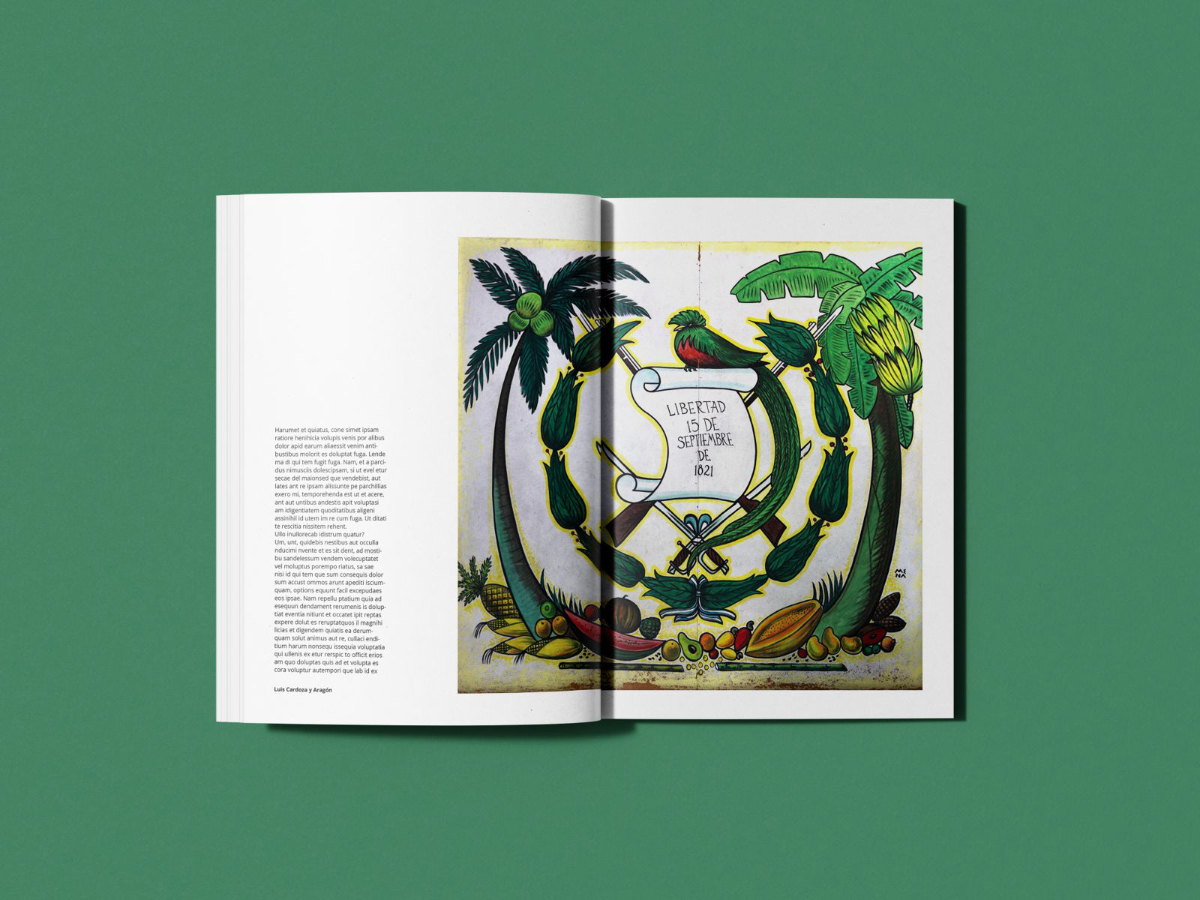In this section we announce upcoming or current events such as conferences, symposia and panels; exhibitions and curatorial endeavors; professional achievements and plans; and publications.
En esta sección se anuncian eventos futuros o corrientes tales como conferencias, simposios, y paneles; exhibiciones y proyectos curatoriales; logros y planes profesionales; y publicaciones.
Image Caption Home Writings: Clark Lecture, Notes on a Decolonial Art History in Latin American and Latinx art in the 20th and 21st Century, Clark Art Institute, Williamstown, MA. November 2, 2021
.
Marissa Del Toro and Cecilia Fajardo-Hill, editors, Dossier, “Queering and Performing Boundaries of the Imaginary Xicanx Body”, Aztlán: A Journal of Chicano Studies, UCLA Chicano Research Studies Center, Los Angeles and Berkeley, CA:University of California Press,Volume 50, Number 1, Spring 2025.
.
Cecilia Fajardo-Hill and Javier Guerrero, editors, LASA Magazine Forum, “Borderlands 2.0 las nuevas fronteras”, issue 56.2, Pittsburgh, PA: University of Pittsburgh. Spring 2025.
.
May 23, 2025 was the pre-launching of: País Matinal: Historia crítica del arte de Guatemala, 1871-2020. An initiative of GT 20-21. Book will launch in Spring 2026.
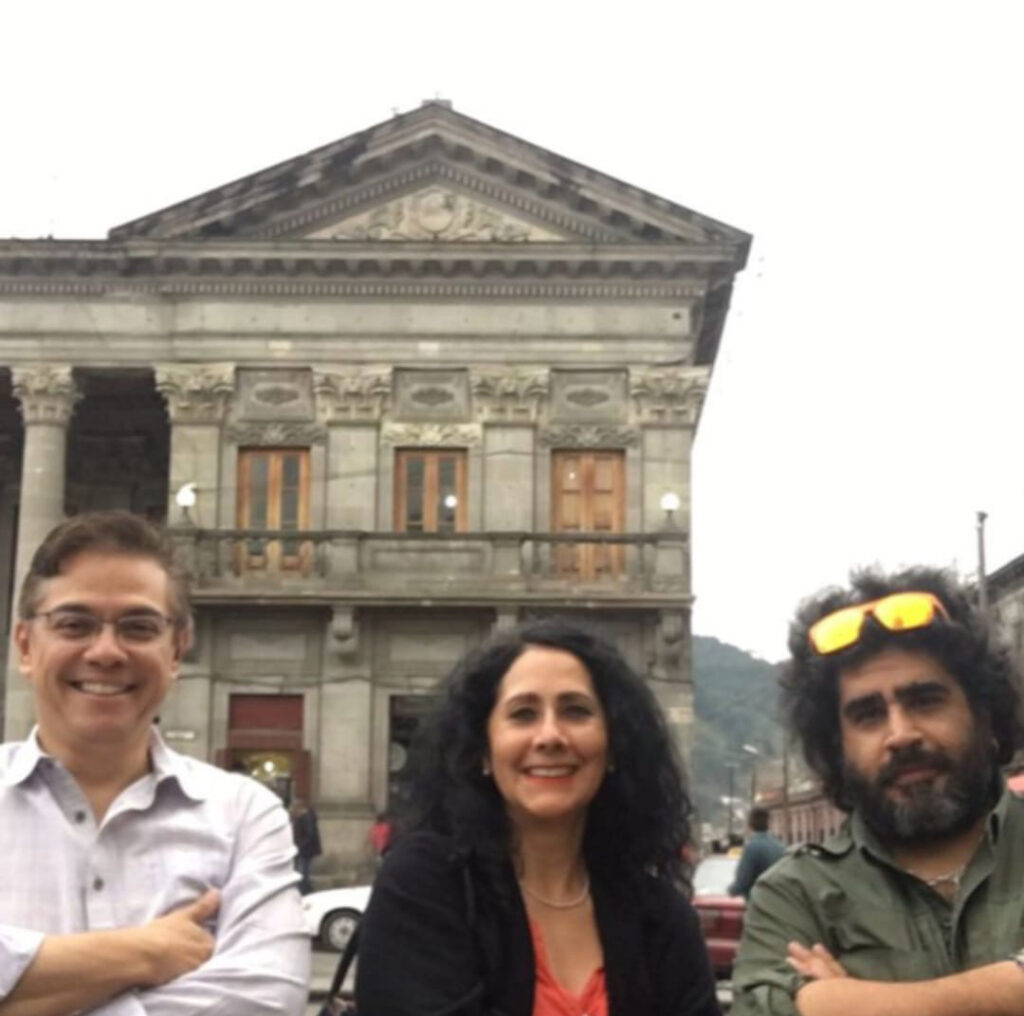
Participants: Co-editors Cecilia Fajardo-Hill, Jose L. Falconi, and Hugo Quinto
País Matinal: Historia crítica del arte de Guatemala, 1871-2020 es un proyecto editorial iniciado en 2015 que propone llenar un vacío en la historiografía del arte latinoamericano y presentar una visión crítica del arte guatemalteco a lo largo de 150 años, para demostrar la importancia, singularidad y la amplitud del rico legado histórico artístico de este país. Hemisféricamente, Guatemala ha existido a la sombra del ampliamente estudiado campo del arte mexicano, y dada la prolongada guerra civil guatemalteca de 1960 a 1996, la investigación de la historia del arte moderno y contemporáneo ha sido difícil y no una prioridad. Para cubrir territorio inexplorado que a menudo desborda la disciplina histórica del arte, este esfuerzo editorial ha sido interdisciplinario desde su inicio: junto con historiadores del arte de diferentes nacionalidades y escuelas de pensamiento, el proyecto ha incluido curadores, antropólogos, sociólogos, críticos literarios, arquitectos, politólogos y los propios artistas. Se necesitó la combinación de treinta y una voces para intentar capturar y reflejar la heterogeneidad, especificidad y complejidad generales de la producción artística guatemalteca. Uno de los hallazgos más cruciales de este proyecto es el lugar medular que ocupa la cultura indígena en la construcción de las tradiciones artísticas modernas y contemporáneas guatemaltecas, a partir del siglo XIX y con artistas como Carlos Mérida y Yela Günter en la primera década del siglo XX.
País Matinal: Historia crítica del arte de Guatemala, 1871-2020 (País Matinal: A Critical History of Guatemalan art, 1870-2020) is an editorial project started in 2015 that proposes to fill in a gap in the existing void in the historiography of Latin American art and present a critical overview of Guatemalan art over 150 years, to demonstrate the importance, singularity and breath of this country’s rich art historical legacy. Hemispherically, Guatemala has existed in the shadows of the amply studied larger field of Mexican art and given the extended Guatemalan Civil war from 1960 to 1996, the research of modern and contemporary art history has been both difficult and not a priority. To cover uncharted territory which often overflows the art historical discipline, this editorial endeavor has been interdisciplinary since its inception: together with art historians from different nationalities and schools of thought, the project has included curators, anthropologists, sociologists, literary critics, architects, politologists and artists themselves. The breath of thirty-one voices was needed to try to capture and reflect the overarching heterogeneity, specificity, and intricacy of Guatemalan artistic production. One of the most crucial findings of this project is the medullary place Indigenous culture occupies in the construction of Guatemalan modern and contemporary artistic traditions, starting in the nineteenth century and with artists such as Carlos Mérida and Yela Günter in the first decade of the twentieth century.


